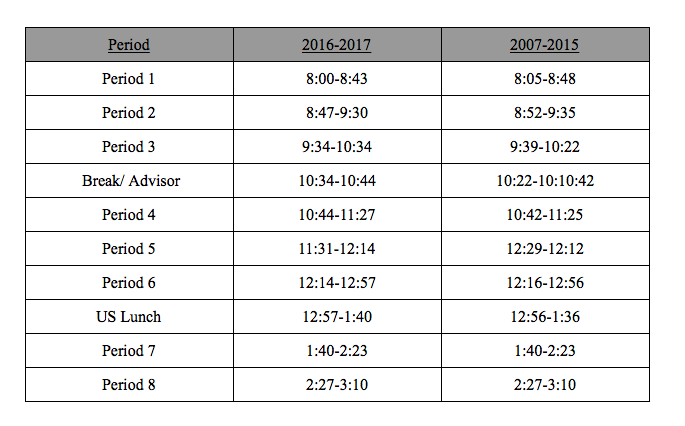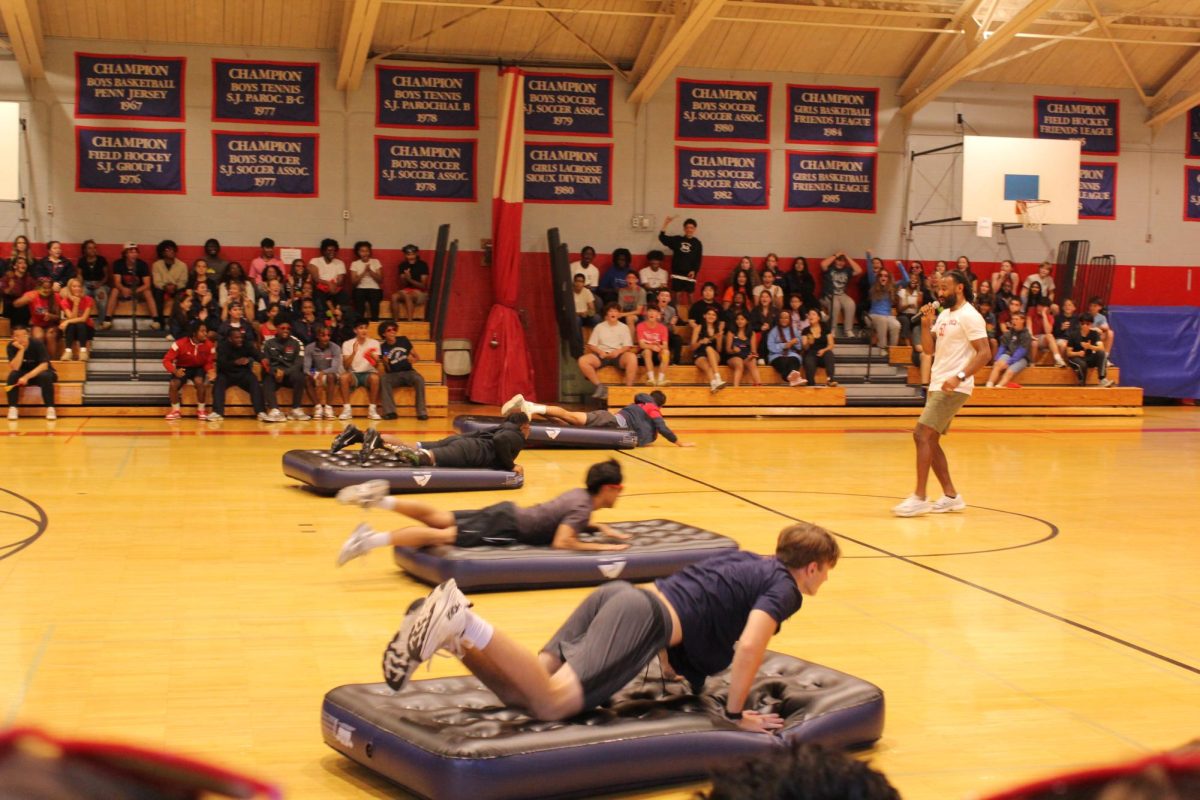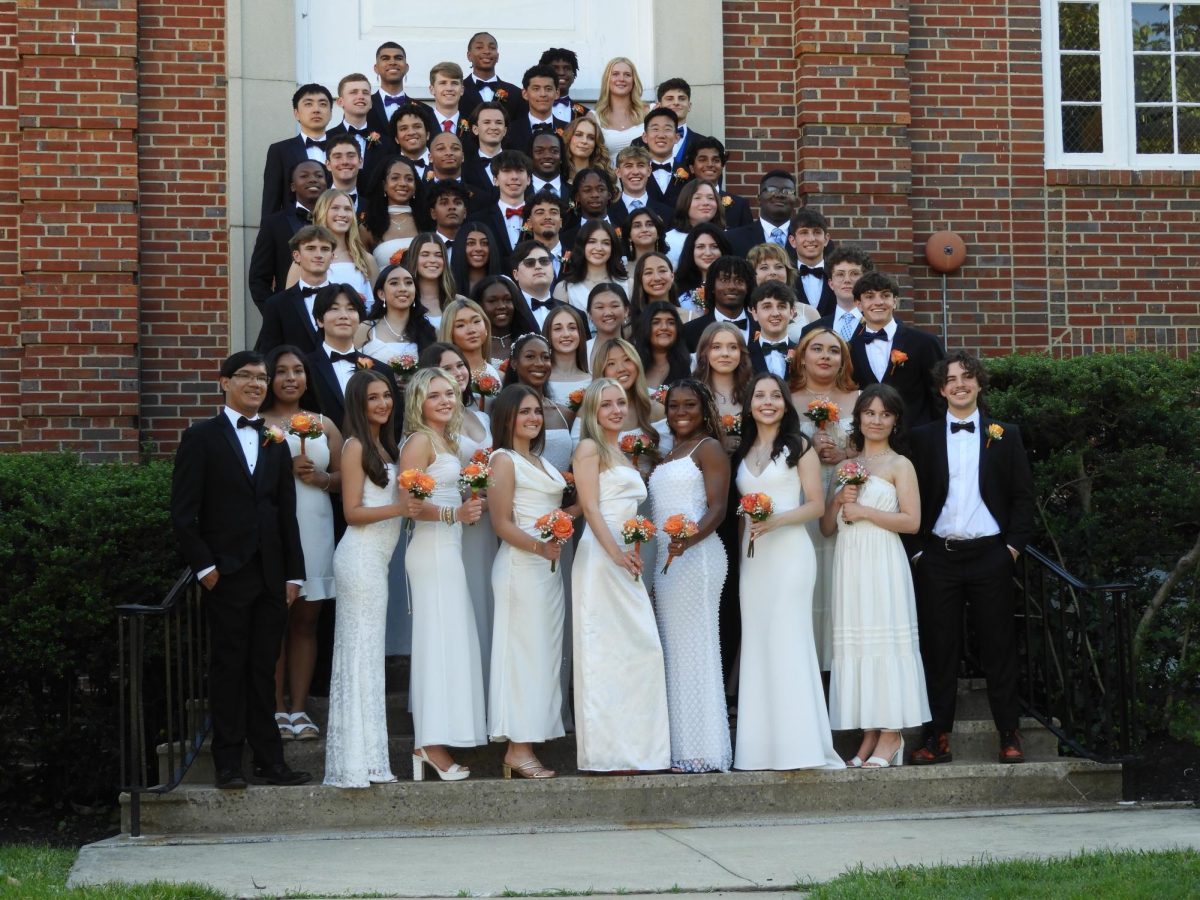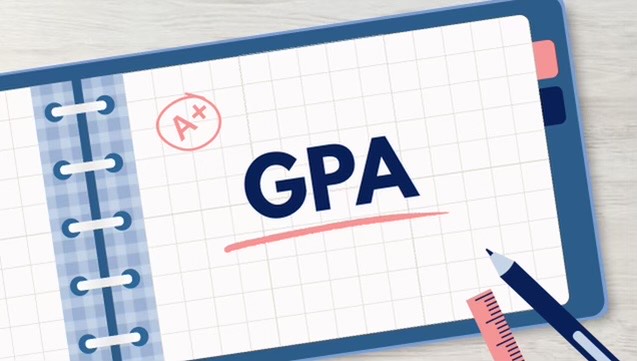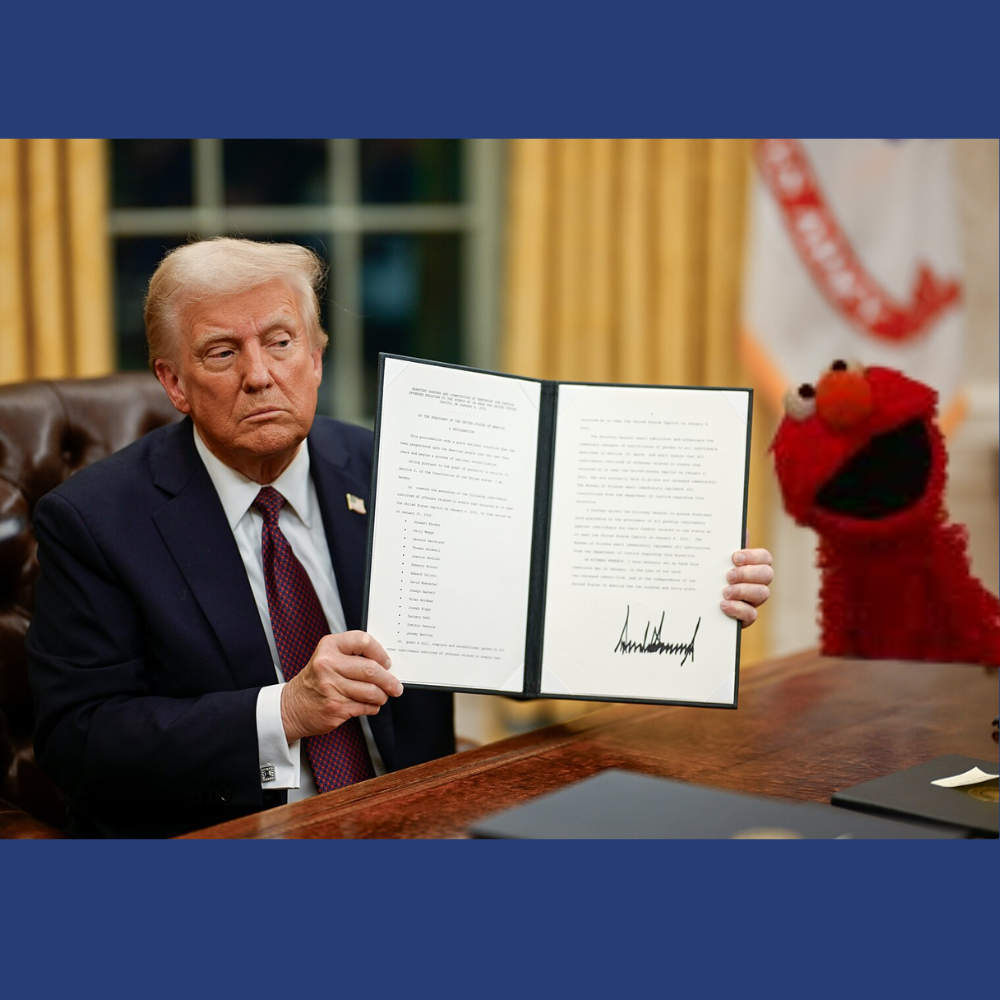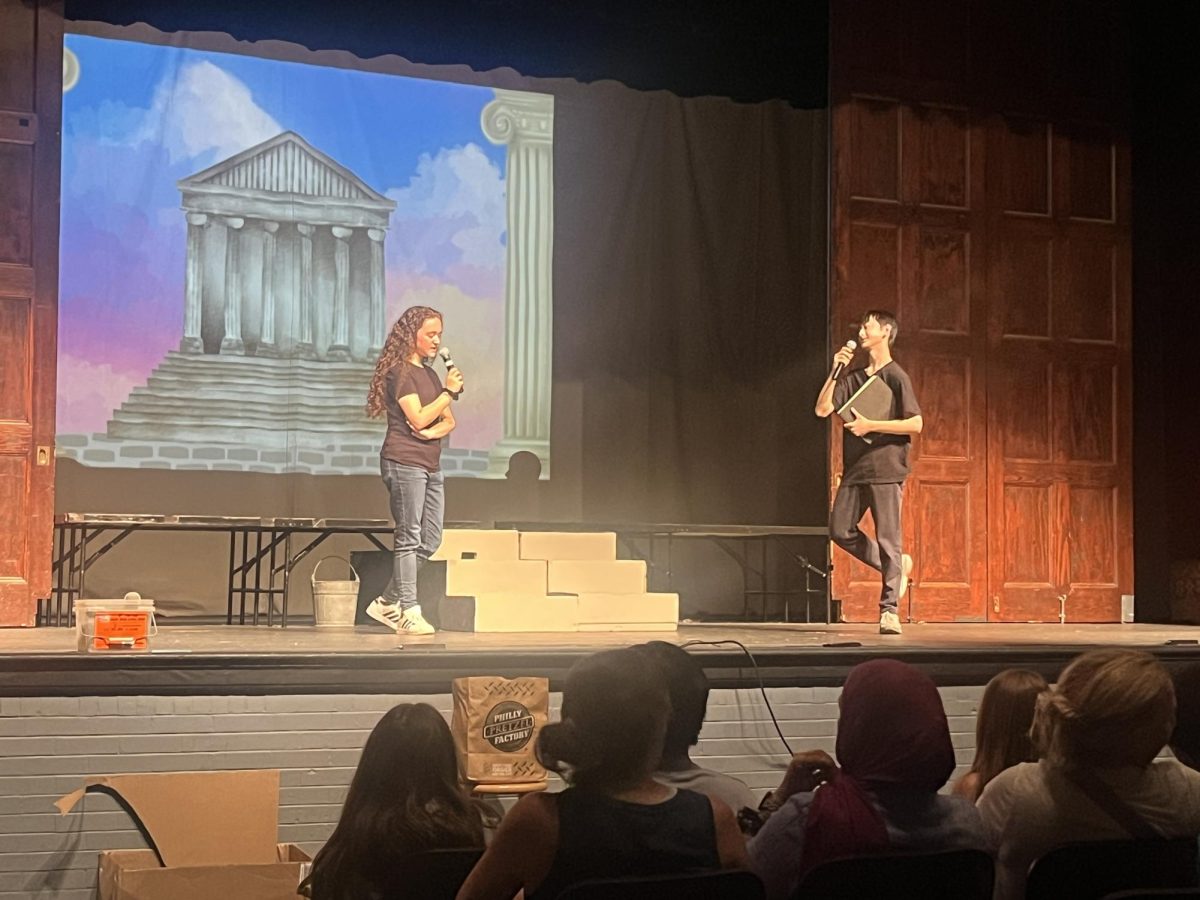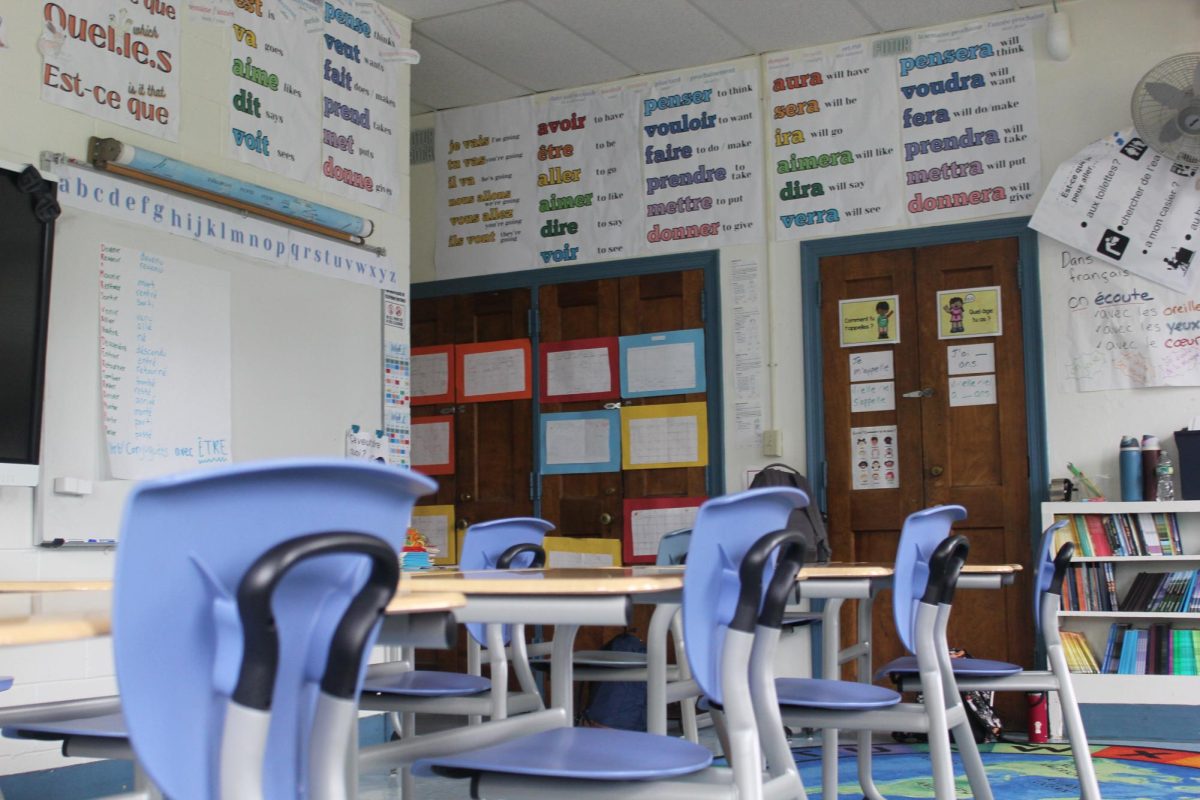Everyone has noticed. It has been impossible not to. School starts earlier, but ends at the same time. There is an intriguing ten minute break after third period, but no double block before lunch. And for students, perhaps the most pressing of all: some periods have no passing time between them, leading students to be late to their classes. Love them or hate them, one thing is certain: these changes are here, and they may be here to stay.
Ever since the first bell rang on the first day of school—at 8:00 A.M., no less— students have been asking themselves one question: why were these changes made? Is it because of some cosmic shift in the universe? Or perhaps the stars have aligned to create such a catastrophe? And of course, the most important question: How will we get to Hartman Hall on time?
WordsWorth sat down with Head of Scheduling Michael Omilian in order to get the answers to these pressing questions.
Tackling the questions one-by-one, Omilian explained that the main reason for removing the passing time was to make room for both the new break period and the hour-long block. According to him, when adding in the break period and the extra-lengthy class to the schedule, he noticed that due to the passing time, there were about twelve extra minutes to the school day. In order to accommodate this change, the passing time was removed between certain periods.
But why remove the passing time between sixth and seventh period, as opposed to any other break? As it turns out, this time was not randomly selected. During seventh period, most classes are either electives or advisor — in fact, only one day out of the seven does any high school student have a major class during seventh period. By taking the extra minutes out during that block, Omilian ensured that major courses did not lose any class time. Also, this period serves as Middle School lunch; according to Omilian, it is only fair that if the Upper School loses passing time for lunch, the Middle School should, too.
While all the changes clearly had thought-out logic behind them, many students are still reacting negatively against them. There has been much disgruntled complaining from the student body, mostly concerning being late to their minor classes. Senior Janasia Copling expressed her wishes for the new break period to be split up and distributed throughout the day in the form of passing time, rather than a ten minute extension. Ian Millstein had a statement about how the changes affected science. “For sciences, we normally had a lab at the double block, now we have to do labs at home.” Mattie Sloan had an even more radical view, saying that the new schedule change is “ridiculous.”
New MFS teachers do not seem to be bothered by this lack of passing time; science teacher John Winter, who came to MFS this year from Jack M. Barrack Hebrew Academy, noticed that while old teachers occasionally grumbled in meetings about students being late to classes due to the lost passing time, he had never known the schedule to be any different, so it did not concern him. Other teachers have shared the view that even though they have noticed the changes, it did not affect them that much. When asked, science teacher Andrea Robinson stated that “Students get to first period without a warning bell, so they should be able to manage their time and make it to the period after lunch.” English teacher Katie Stutz also agreed with this opinion, saying, “It hasn’t affected me that much. I think teachers are on board with letting students out four minutes early.” However, there has also been some strong dissent among the teacher population, particularly concerning minor teachers. Nicole Edmund has stated that the changes particularly affect the minors, which she primarily teaches.
However, Omilian, one of MFS’s longest-serving teachers, has shed some light on something interesting. Apparently, there was a ten-year period, from 1996 to 2006, where there was no passing time at all; clearly, what is new is old, and what is old is new.

